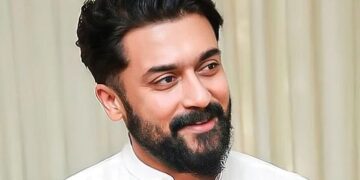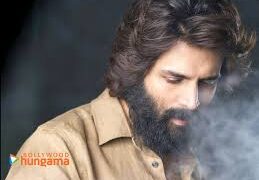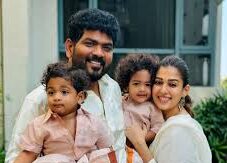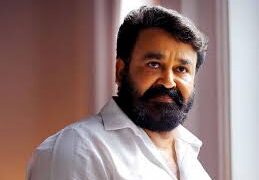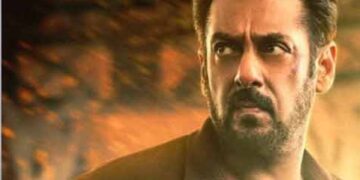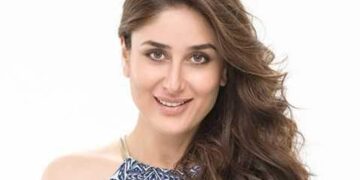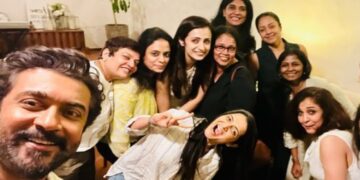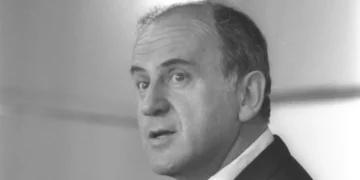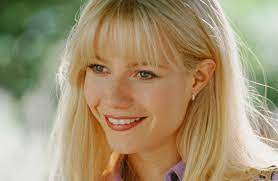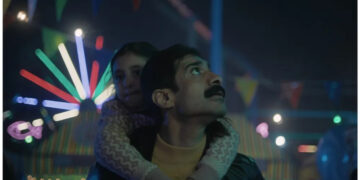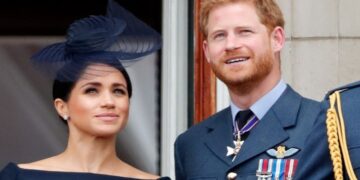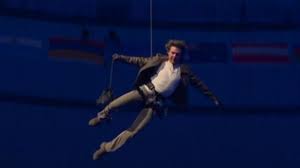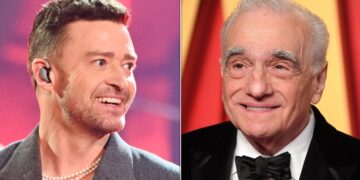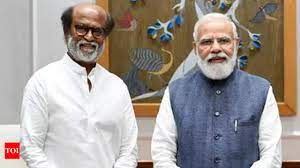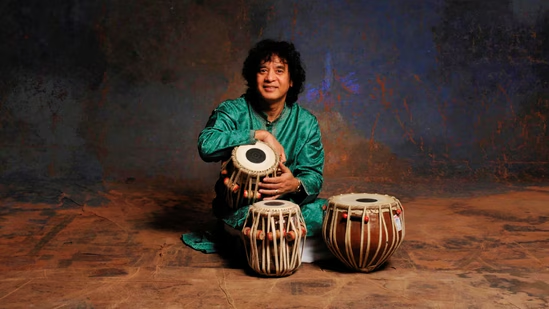Renowned tabla maestro Ustad Zakir Hussain passed away on December 15; in tribute, let’ revisit some lesser-known aspects of his life
At the age of 73, renowned tabla maestro Ustad Zakir Hussain passed away on December 15. His family confirmed that the cause of death was idiopathic pulmonary fibrosis, a chronic lung disease. The Padma Vibhushan awardee’s death has left the music world in mourning, with fans and admirers around the globe expressing their condolences. In a heartfelt tribute, we look back at one of the lesser-known aspects of Zakir Hussain’s life as revealed in his interview Rendezvous with Simi Garewal.
His teenage rock and roll dreams
In conversation with Simi, Ustad Hussain candidly shared that his early aspirations were far from the tabla. As a teenager, he dreamt of fame and fortune in the world of rock and roll. “I wanted to be a rock and roll star, I wanted to make a million dollars yesterday. Everybody was into it. I walked around the streets of Bombay with a boombox on my shoulder listening to Doors and Beatles and whatnot.” His youthful ambition was to make money and achieve fame quickly, but the world of music soon beckoned him in a different direction
Kept his marriage a secret
Zakir Hussain’s personal life also had its own unique story, particularly in relation to his marriage to Antonia, whom he met while pursuing his musical career in the US. Despite falling in love, Zakir Hussain married her without his mother’s approval. “In my family, this was the first mixed marriage. So more than my father, it was my mother who had a tough time with it. It was very difficult for her (to accept the marriage). We didn’t tell her (about our marriage) until I was already married.”
He further explained, “But my father was there, he married us off in a Muslim ceremony. But the civil ceremony, which was the first one, no one knew. We just went and did it.” Over time, his mother came to embrace Antonia, eventually recognizing the importance of the person rather than the tradition, “She loves Toni and thinks the world of her,” Zakir said.
Rhythms instead of prayers
Zakir Hussain’s father, the legendary tabla maestro Alla Rakha, had a profound influence on his early life. Rather than reciting prayers like most fathers, he chose to hum tabla rhythms into his newborn son’s ear.
“I was brought home and handed over to my dad in his arms. The tradition was that the father is supposed to recite a prayer in the baby’s ear, welcoming the baby and putting some good words. So he takes me in his arms, puts his lips to my ear and recites the tabla rhythms into my ears.”
This moment became a defining memory for the maestro. “My mother was livid. She said, what are you doing? You’re supposed to say, you know, prayers, not rhythms. And he said, but these are my prayers. This is how I pray. He said I am the worshipper of Goddess Saraswati and Lord Ganesh. This was a devout Muslim talking.”
Zakir Hussain’s legacy as a tabla virtuoso and a pioneer of Indian classical music will forever inspire generations to come. Rest in peace legend.










